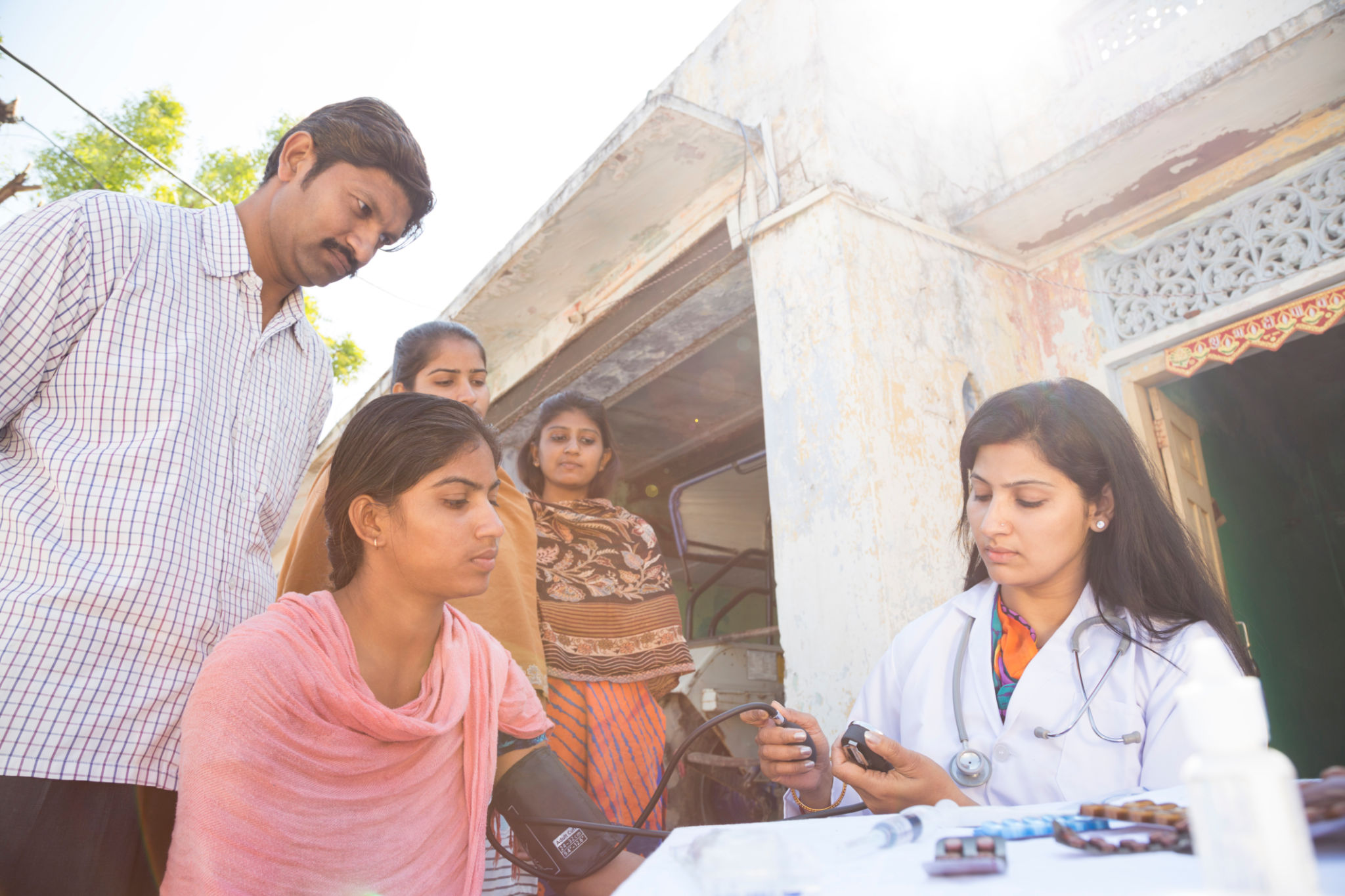Pelayanan Desa Jagoan: How Local Governance Empowers Communities
Understanding Pelayanan Desa Jagoan
Pelayanan Desa Jagoan, or "Champion Village Service," is an innovative approach to local governance aimed at empowering communities through improved services and active participation. This initiative fosters a partnership between government officials and villagers, focusing on enhancing the quality of life in rural areas.
By prioritizing the needs of the community and streamlining administrative processes, Pelayanan Desa Jagoan seeks to make local governance more efficient and responsive. The initiative is designed to address common challenges faced by rural communities, including limited access to resources, infrastructure development, and social services.

The Role of Local Governance
Local governance plays a crucial role in the development of rural communities. It acts as a bridge between the government and the people, ensuring that policies and programs are effectively implemented at the grassroots level. Pelayanan Desa Jagoan emphasizes this role, encouraging proactive engagement from both sides.
One of the main objectives is to create a sense of ownership among villagers. By involving them in decision-making processes, local leaders can better understand and address community needs. This participatory approach not only empowers residents but also fosters trust and accountability within the community.

Key Elements of Pelayanan Desa Jagoan
Pelayanan Desa Jagoan is built on several key elements that contribute to its success. These elements include:
- Community Involvement: Encouraging active participation from villagers in planning and decision-making.
- Resource Allocation: Ensuring fair distribution of resources to meet community needs.
- Capacity Building: Providing training and support to enhance the skills and knowledge of local leaders.
Empowering Through Education
Education is a cornerstone of the Pelayanan Desa Jagoan initiative. By investing in educational programs, the initiative aims to build a knowledgeable and skilled community capable of driving its own development. Educational workshops and training sessions are regularly conducted to equip villagers with the necessary tools to participate in governance effectively.
This focus on education not only improves individual capabilities but also strengthens community resilience, enabling it to tackle challenges more effectively. With better education, villagers are empowered to contribute more meaningfully to local governance and development efforts.

Challenges and Solutions
Despite its many benefits, implementing Pelayanan Desa Jagoan is not without challenges. Some common obstacles include:
- Lack of Resources: Limited financial and human resources can impede progress.
- Cultural Barriers: Traditional beliefs may hinder participation in modern governance practices.
- Resistance to Change: Some community members may be reluctant to adopt new methods.
To overcome these challenges, it is vital for local leaders to engage in continuous dialogue with the community, provide transparent updates on progress, and celebrate small victories to maintain momentum. Adapting strategies to fit local contexts is also essential for long-term success.

The Future of Pelayanan Desa Jagoan
Looking ahead, the future of Pelayanan Desa Jagoan seems promising. As more communities embrace this approach, it is expected to lead to significant improvements in rural governance and quality of life. By continuing to prioritize participation, resource allocation, and education, this initiative has the potential to transform rural areas into thriving communities.
The success of Pelayanan Desa Jagoan serves as an inspiring model for other regions seeking to empower their communities through effective local governance. By fostering a collaborative environment where everyone has a voice, it lays the foundation for sustainable development and enduring prosperity.

